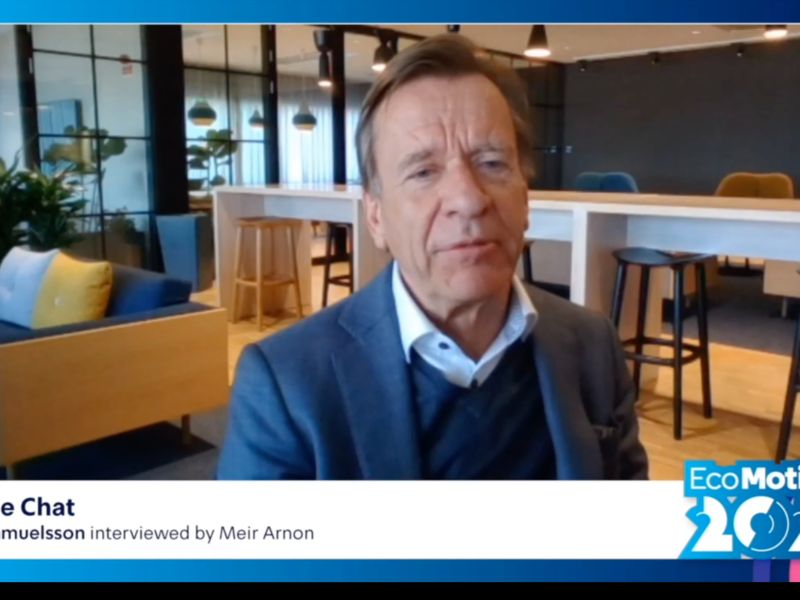
The signs of a recovery are small, but they’re there.
Hakan Samuelsson, CEO of Volvo Cars, has watched information on sales trickle into his office on a daily basis and sees signals of a rebound.
So far, he says, the automaker’s sales in China have risen 20 percent this month, compared with the same period last year. In the Southern U.S., he says, Volvo has sold more cars over the past 10 days than it did last year at that time.
“It’s a very small period but still a sign of recovery,” he said. “Hopefully, this will be history some months from now, and we will be back into business.”
Samuelsson’s remarks came Tuesday during a remote appearance at the EcoMotion mobility conference.
He said those were encouraging signs because the company’s challenges are not related to supply-chain disruptions. “Our problem is our customers have to come back and buy cars,” he said.
Whatever the economic and logistical complications caused by the pandemic, he expects those to be more short-lived than other forces shaping the carmaker’s fortunes, namely heightened global tensions surrounding trade.
Samuelsson said he sees further bifurcations in how Volvo Cars will proceed into the next decade. Technology development and product planning will remain global in nature, but production of components and assembly will evolve in specific markets.
“It’s more ‘build where you sell,’ ” he said. “With duties being raised, that’s probably not a temporary thing. So I think manufacturing is going to increase in the U.S., and also in Europe and China, and we will not be able to export as much as we have done earlier.”
That may bring local rewards with further capital investment. But Samuelsson said those costs will be passed along to consumers.